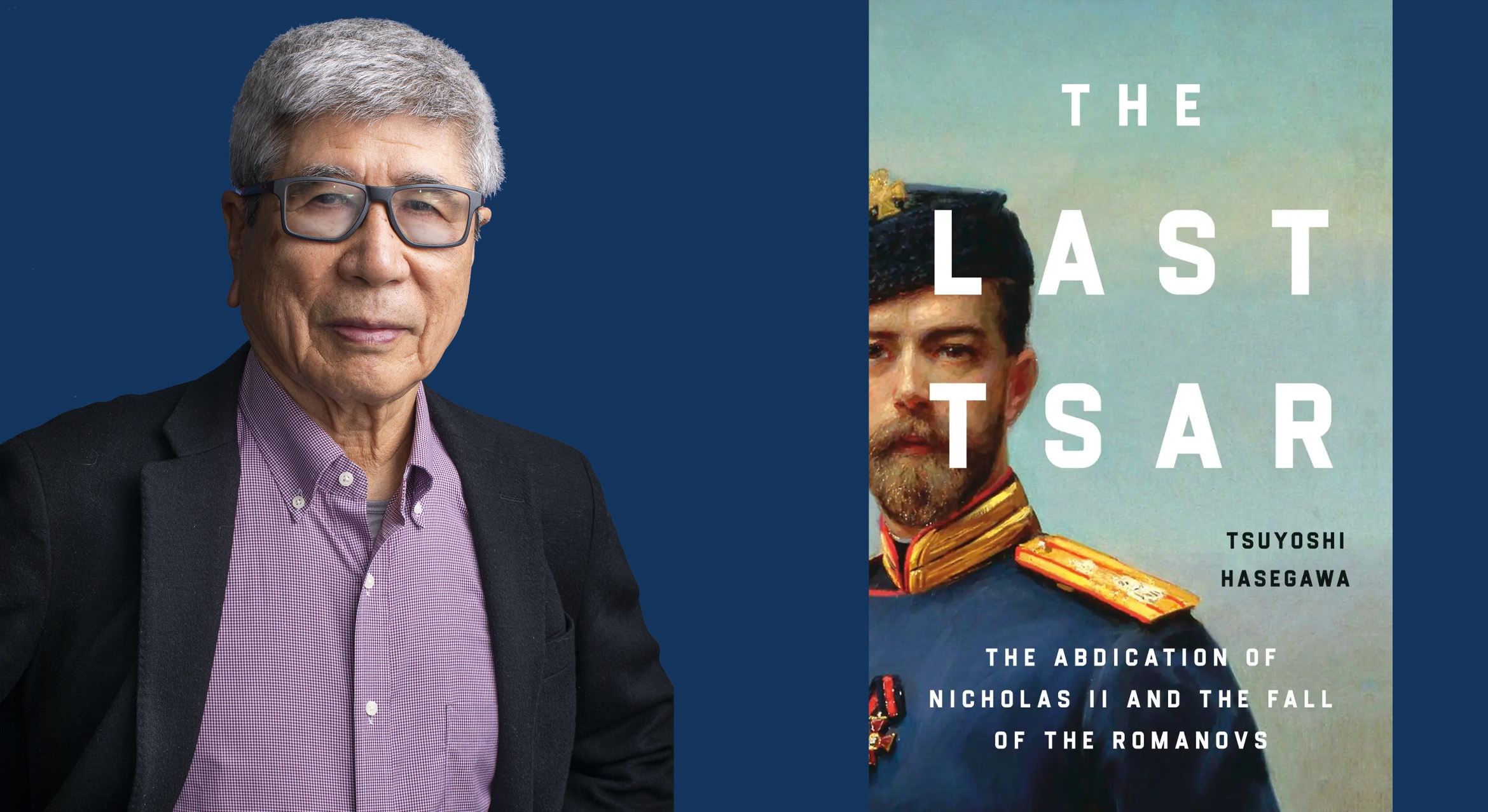
The Politics of Female Biology and Reproduction

Beginning in 1909 and continuing for 70 years, California led the country in the number of sterilization procedures performed on men and women, often without their full knowledge and consent. Approximately 20,000 sterilizations took place in state institutions, comprising one-third of the total number performed in the 32 states where such action was legal.
Known as eugenics, the practice was a commonly accepted means of protecting society from the offspring (and therefore equally suspect) of those individuals deemed inferior or dangerous — the poor, the disabled, the mentally ill, criminals and people of color.
Although the law was repealed by the state legislature in 1979, the legacy of the eugenics movement continues today. It is one of the main topics in a public lecture series at UC Santa Barbara. Titled “The Biopolitics of Reproduction,” the series will approach issues of reproduction from a historical and ethnographic perspective, exploring the eugenics movement, progressive era public health reform, the cultural politics of abortion and the science of women’s reproductive systems.
The lectures, which begin at 5 p.m., will take place in 2135 Social Sciences and Media Studies Building at UCSB. They are free and open to the public.
“The aim of the series is to place the current crisis facing women’s right to comprehensive reproductive health, especially for women of color, within a historical context,” said Terence Keel, assistant professor at UCSB, jointly appointed in the Department of Black Studies and the Department of History. “The goal is to create awareness and a conversation on campus about how present-day controversies over abortion, sterilization and access to contraception and reproductive care have deep ties to the eugenics movement and long-standing racial and gender biases within Western science.
“These connections have left an indelible mark on public health policies, practices and technological innovation,” Keel continued.
The series begins Tuesday, April 14, with a talk by Alexandra Minna Stern, professor of obstetrics and gynecology, American culture and history at the University of Michigan. She will discuss “Racial and Reproductive Injustice: The Long History of Eugenic Sterilization in California.”
Stern’s work focuses on the history of medicine, including eugenics, medical genetics, epidemics, children’s health and tropical medicine. “Her book ‘Eugenic Nation: Faults and Frontiers of Better Breeding in Modern America’ is widely considered to be the definitive study of eugenics in California,” said Keel.
Stern’s lecture will be followed on May 4 by Siri Suh, an assistant professor of sociology at Barnard College, who will discuss “American Population Politics in Global Perspective.” Suh’s work examines the exclusion of abortion from public health funding and policy priorities globally. She has a book in progress that uses a science studies framework to explore how local and global abortion politics shape the treatment of abortion complications in Senegal.
The final speaker in the series is Sharra Vostral, an associate professor of history at Purdue University; her talk on May 27 is titled “Un(rely)able: The Technological Health Crisis of Toxic Shock Syndrome and Rely Tampons.” Vostral’s work explores the intersections of feminist studies, science and technology studies and public health. Her book “Under Wraps: A History of Menstrual Hygiene Technology” looks at the social history of menstrual hygiene by examining it as a technology.
The lecture series is co-sponsored by the Black Studies Emphasis Colloquium; the Department of Feminist Studies; the Department of Chicana and Chicano Studies; the History of Science Program; the New Health, Medicine, and Care Working Group and the Division of Social Sciences in the College of Letters and Science. “This enables us to demonstrate that research on sex, gender and medical science is an active part of the research and teaching agendas of many faculty members at UCSB,” said Keel.
Among them, he noted, are Miroslava Chávez-Garcia, a professor of Chicana and Chicano studies who teaches courses on race and juvenile justice and whose recent book, “States of Delinquency,” examines how sterilization discourses and practices around the IQ of Mexican immigrants in California helped shape the infrastructure of the state’s juvenile justice system; and Janet Afary, who holds the Mellichamp Chair in Global Religion and Modernity and teaches widely on sexual politics, feminism and reproductive issues in the Muslim world.
Keel also cited Laury Oaks, professor and chair of feminist studies, whose research and teaching interests include reproductive politics and the anthropology of health and whose forthcoming book, “Giving Up Baby,” documents how safe-haven laws for unwanted pregnancies do little to help poor women of color who lack the social and economic supports necessary to raise children; and Zakiya Luna, assistant professor of sociology, who teaches courses on the politics of reproduction and the reproductive justice movement and is currently writing a book manuscript on these issues.
A specialist in the history of science, particularly how social and political articulations of race have shaped the terms of science over time, Keel is teaching a spring quarter undergraduate seminar on the eugenics movement. In addition, his article on race, science and public health during the progressive era is forthcoming in the journal Social History of Medicine.
“The eugenics movement is the seed for many of the obstacles facing present-day calls for reproductive justice,” Keel said. “And eugenics really shapes public health policy and continues to influence how physicians and politicians think of women’s bodies as a site for political contestation and a site for political control.”



